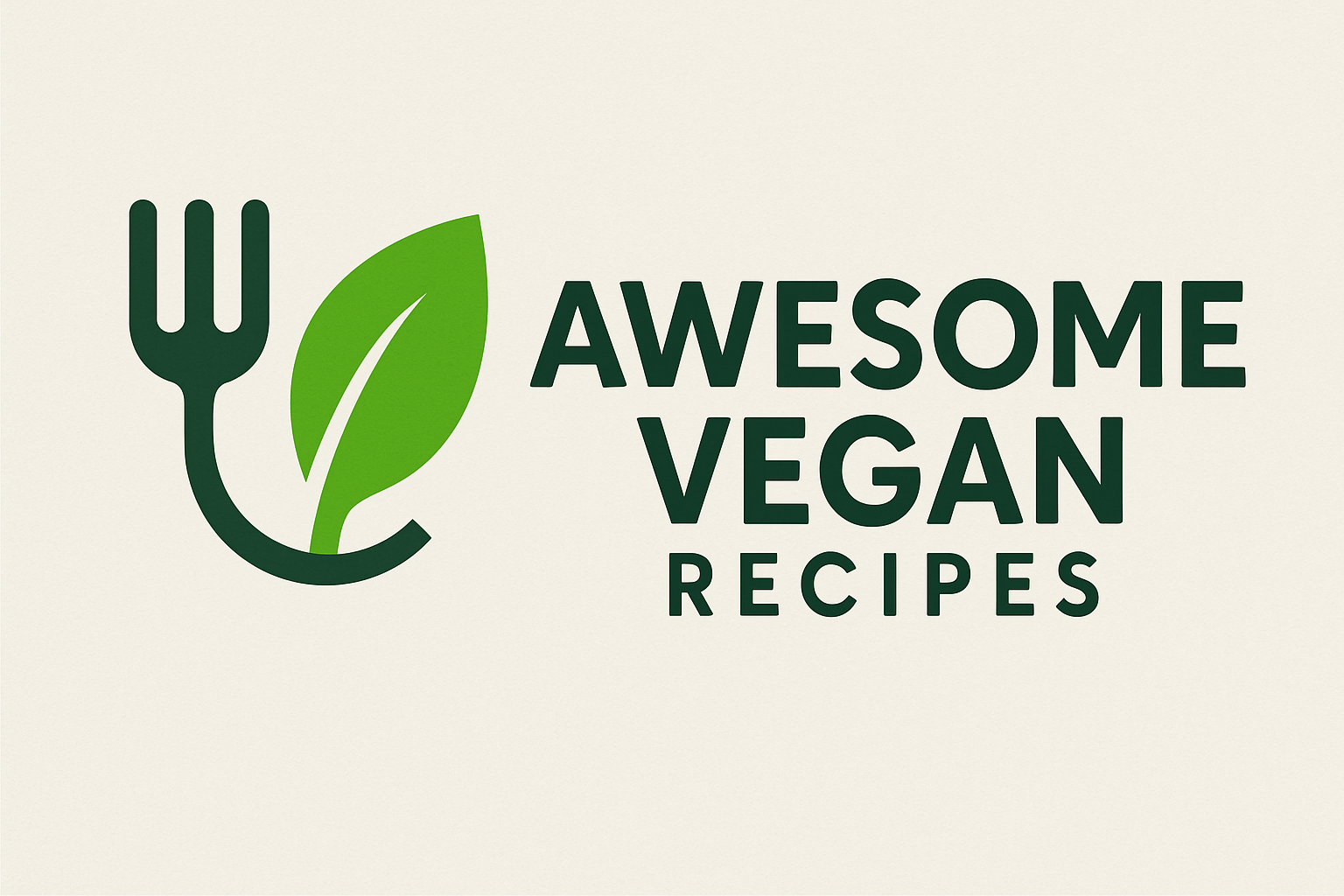Plant-Based Perfection: The Beginner’s Guide to Eating Seasonal as a Vegan
Plant-Based Perfection: The Beginner’s Guide to Eating Seasonal as a Vegan
When transitioning to a vegan lifestyle, one of the most important aspects to consider is eating seasonally. Eating seasonal foods not only ensures that you are getting the freshest, most flavorful produce, but it also supports local farmers and reduces your carbon footprint. In this beginner’s guide, we will explore the benefits of eating seasonal as a vegan and provide tips on how to incorporate seasonal produce into your diet.
Why Eat Seasonal as a Vegan?
Eating seasonal foods as a vegan has numerous benefits for both your health and the environment. Here are just a few reasons why you should consider eating seasonally:
1. Nutrient Density: Seasonal fruits and vegetables are picked at their peak ripeness, meaning they are packed with vitamins, minerals, and antioxidants. Eating produce that is in season ensures that you are getting the most nutrients from your food.
2. Environmental Impact: Eating seasonally reduces the need for long-distance transportation of produce, which helps to lower greenhouse gas emissions. By supporting local farmers and choosing seasonal foods, you are reducing your carbon footprint and supporting sustainable farming practices.
3. Cost-Effective: Seasonal produce is often more affordable than out-of-season varieties, as it is more readily available and does not require long-distance transportation. Eating seasonally can help you save money on your grocery bill while still enjoying fresh, healthy foods.
How to Eat Seasonal as a Vegan
Now that you understand the benefits of eating seasonal as a vegan, let’s explore some tips on how to incorporate seasonal produce into your diet:
1. Know What’s in Season: To make the most of eating seasonally, it’s important to know what fruits and vegetables are in season in your region. Websites like Eat the Seasons or apps like Seasonal Food Guide can help you stay up to date on what produce is in season in your area.
2. Visit Farmers Markets: Farmers markets are a great place to find locally grown, seasonal produce. By shopping at farmers markets, you can support local farmers, learn more about where your food comes from, and enjoy the freshest fruits and vegetables available.
3. Plan Your Meals Around Seasonal Produce: When meal planning, try to base your meals around what is in season. This will not only ensure that you are getting the freshest, most flavorful produce, but it will also help you get creative with your cooking and try new recipes.
4. Preserve Seasonal Produce: To make the most of seasonal produce, consider preserving fruits and vegetables for later use. You can freeze, can, or pickle produce to enjoy it throughout the year, even when it is out of season.
5. Experiment with Seasonal Recipes: Eating seasonally can inspire you to try new recipes and flavor combinations. Look for seasonal recipe ideas online or in cookbooks, and get creative with your cooking to make the most of seasonal produce.
Incorporating seasonal produce into your diet as a vegan is a great way to support your health, the environment, and local farmers. By following these tips and getting creative with your cooking, you can enjoy the freshest, most flavorful fruits and vegetables all year round.
Conclusion
Eating seasonally as a vegan is a simple yet effective way to support your health, the environment, and local farmers. By incorporating seasonal produce into your diet, you can enjoy the freshest, most nutrient-dense foods while reducing your carbon footprint and supporting sustainable farming practices. With a little planning and creativity, you can make the most of seasonal produce and enjoy a plant-based diet that is both delicious and sustainable. So next time you’re at the grocery store or farmers market, be sure to choose seasonal fruits and vegetables to nourish your body and protect the planet.






